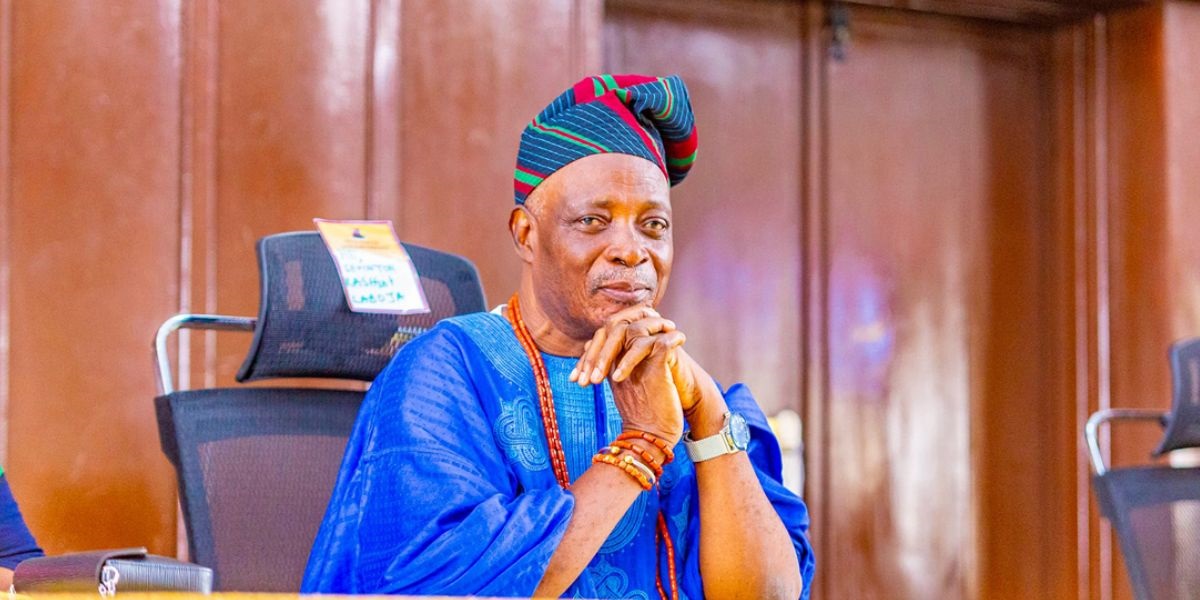The Federal Government has announced the full-scale expansion of the Nigeria for Women Programme Scale-Up (NFWP-SU) to all 36 states and the Federal Capital Territory, targeting over four million women nationwide to improve financial inclusion, livelihood support, and social protection.
Speaking at the inauguration of the Federal Steering Committee for the Nigeria for Women Programme Scale-Up Project in Abuja, the Minister of Women Affairs, Hon. Imaan Sulaiman-Ibrahim, said the initiative marks a transformative phase in Nigeria’s approach to social protection and women’s economic empowerment.
According to the minister, the programme’s scale-up integrates lessons from its initial phase (2018–2024) and aligns with the national Gender Equality and Women’s Empowerment Agenda, as well as the Nigeria Women Economic Empowerment Policy (WEE). She disclosed that though the project took off 18 months later than planned, it is already operational in about 18 states and has been rated “satisfactory” by the World Bank following its latest implementation support mission.
“The NFWP-SU is a resilient economic base model designed to build a national network of micro-entrepreneurs, savers, and borrowers who form the bedrock of a stable economy,” Sulaiman-Ibrahim said.
“We aim to reach about four million women across the nation, advancing SDG 5 on gender equality and SDG 16 on peace and social cohesion,” she added.
The minister decried the stark gender inequality in economic participation, revealing that 70 per cent of Nigerian women live in extreme poverty, with only 10 per cent having access to land ownership, while women earn 45–50 per cent less than men in similar roles. She added that only 34 per cent of women have digital access compared to 88 per cent of men.
She emphasised that the project will “replace fragmented interventions with a systemic model capable of reshaping local economies, reducing household vulnerability, and positioning women as the drivers of inclusive growth and stability.”
The minister noted that the project aligns with the World Bank Group’s Global Crisis Response Framework, especially in tackling food insecurity through support for agricultural productivity and climate-resilient livelihoods. She also stressed the vital role of partner ministries, including Agriculture, Health, Water Resources, Finance, Environment, Communications, and Digital Economy, in ensuring the success of the initiative.
“When we empower a woman, we empower a household; and when we empower millions of women, we recalibrate an entire economy,” she said, calling for unity among all implementing partners to sustain the project’s momentum.
Delivering his goodwill message, Minister of Budget and Economic Planning, Senator Abubakar Atiku Bagudu, described the inauguration as a major step toward institutionalising women’s empowerment and inclusive economic growth. He said the Terms of Reference and Work Plan adopted by the committee would ensure coordination, transparency, and measurable impact.
Representing the World Bank Country Director, Mr. Michael Ilesanmi, said the Nigeria for Women Project remains the largest women’s economic empowerment programme in Africa and has become a continental model, influencing similar initiatives in countries like Liberia, Uganda, South Sudan, and Afghanistan.
“The world is looking up to Nigeria on how to do women’s economic empowerment right,” he said, adding that the scale-up is expected to create access to finance and markets for about five million women and their households.
Other goodwill messages were delivered by representatives of the Ministries of Health, Humanitarian Affairs and Poverty Reduction, Industry, Trade and Investment, and Communications and Digital Economy, all of whom pledged their support to ensure effective implementation.
The Permanent Secretary of the Federal Ministry of Women Affairs, Dr. Maryam Adebola, in her vote of thanks, commended the partners, especially the World Bank, for their sustained collaboration and reaffirmed the Ministry’s commitment to building “a framework that lifts women, families, and communities toward national prosperity.”
With Nigeria’s women contributing 70–80 per cent of agricultural labour but remaining largely excluded from land ownership and financial services, stakeholders agreed that the NFWP-SU marks a crucial step toward bridging gender inequality and boosting inclusive growth under the Renewed Hope Agenda of President Bola Ahmed Tinubu.






